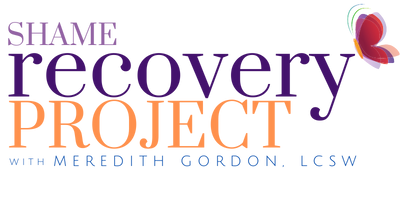Traumatic events make us feel separate from ourselves. For some, the trauma happens very early in life. The feeling of not knowing oneself can be the space in which we grow up. For others, an event can shatter connection to oneself. In both instances, this is an automatic response. It’s unconscious and, in part, an act of survival. This is natural.
What we want is to support ways to rekindle a self-connection—or, in some instances, kindle for the first time in spaces within ourselves.
I believe one simple way is through the exercise of writing an acrostic poem to and about oneself.
Spark hope
An acrostic poem, which is merely a poem that begins each new line with the first letter of the chosen word is simple. I used this technique at CHOC Children’s Hospital in Orange County, CA where I did creative arts with patients at bedside. I had the kids use their names as the “word.” Each letter formed the beginning of a list or sentence that described them. The only catch was only THEY could decide the words that described them. These are often called portrait poems.
Why names?
Names are part of our core and identity. Trauma recovery is about reconnecting and renewing the strength that lies within our core.
Each letter of the child’s first and middle name began a series of words that described their personality, coping skills, loves, desires, fears and hopes. Some wrote about their illness while others focused on anything but. Both ways, it was the process of creating that mattered because it facilitated conversation.
Conversation brings thoughts and ideas to consciousness where they can be explored and mediated. This is essential in trauma recovery, particularly something very personal that has left you feeling broken internally. Sexual abuse and physical violence often do this, but it happens to those who struggle with emotional torment that does not include bodily harm.
Healing through expression
During trauma, life feels like being in a alternate universe. Time moves differently, and every interaction feels weighted and skewed. Who am I? What’s wrong with me? These are questions we all ask ourselves, but when you are the one asking, it can be hard to reason yourself out of this fragile state. Using the letters of one’s name provides a meaningful place to remember who you are at the core. It is an act of self-reflection and mindfulness, particularly when you don’t feel very grounded.
These poems are not about perfection or image. They are about reconnecting with yourself just for today.
How to begin:
- Gather paper and pens/pencils/markers you like
2. Write your name vertically down the page
3. Begin with the first letter and choose an adjective that begins with that letter that describes you; don’t stop at one adjective. Choose several and separate them by commas
4. Continue down the line of your name
5. Refrain from thinking too much about it; write what surfaces first, then notice if there is a trend or pattern to the words you choose
6. Think of this process as a means of communion with yourself
You can use your birth name, adoptive name, married name, nickname, religious name, cultural or ethnic name, your name in your primary or secondary language.
This is about you connecting with you. The process of doing it is the point.
Photo by Ethan Hoover on Unsplash
